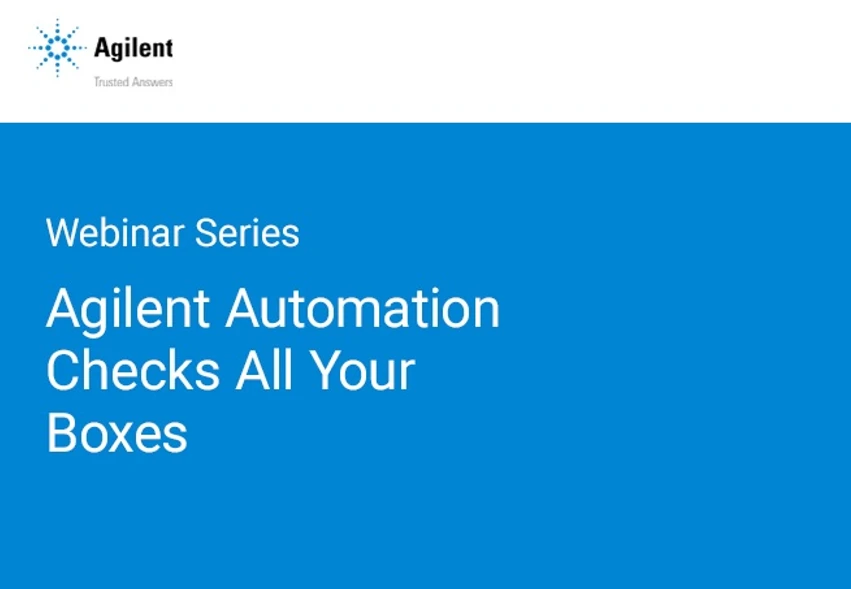Systematic Evaluation of ChIP-seq Conditions with Automation

Chromatin immunoprecipitation followed by sequencing (ChIP-seq) is a well-established method for studying the genomic localization of DNA-associated proteins. ChIP-seq is widely used to study DNA-associated proteins such as histone modifications, chromatin regulators, and transcription factors. While ChIP-seq is highly useful, the overall experimental workflow involves multiple steps that increase the risk of introducing inconsistency within experiments and between groups. Recently, we developed a single-pot ChIP-seq with on-bead library preparation. This protocol enables generation of sequencing libraries from low cell numbers and also reduces the costs (~$60 per sample, including Illumina library preparation), enabling to scale up the number of conditions. (Texari et al., STARS Protocols, 2021).
Here, we automated this single-pot ChIP-seq protocol end-to-end using the Agilent Bravo. Our automated process is scalable - conducting between 8-96 ChIP-seq reactions . We benchmarked the automated protocol by performing manual ChIP-seq reactions in parallel and demonstrated a high reproducibility and nearly indistinguishable signal-to-noise ratio between manual and automated workflows. As a proof of principle, we used our automated ChIP-seq protocol to evaluate multiple parameters and identify optimal conditions, including shearing and crosslinking conditions, buffer compositions, and antibody ratios. Our automated ChIP-seq protocol will be publicly available and will include specific deck setups as well as software files and parameters. Lastly, we envision that our robust protocol can advance research by enabling core facilities to provide ChIP-seq as a service and can potentially be incorporated into compound screening and diagnostic frameworks.
Presenter: Alon Goren, PhD (Associate Professor, Department of Medicine, University of California San Diego)
